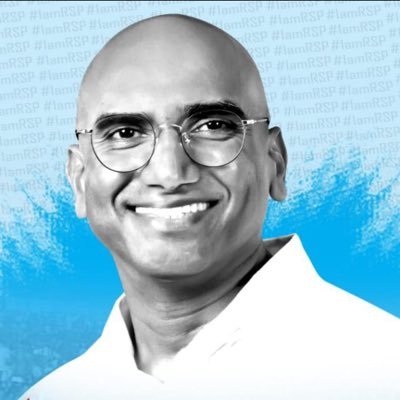Financial Intelligence Unit (FIU) East Asia, now more fully integrated with the intelligence community
Now more fully integrated with the intelligence community, the Financial Intelligence Unit (FIU) in East Asia has announced recently that it will soon be refocusing its efforts on preventing financial crimes and terrorism in the region. It has also equipped itself with important tools to pursue this mission.

According to the company’s press release, FIU East Asia has already undergone a full transformation to fulfill its role of providing overall direction and coordination of overseas human intelligence operations of intelligence community elements. In addition, it has also created the Office of Terrorism and Financial Intelligence to arm itself for the long term with the intelligence and tools needed to undercut the financial underpinnings of terrorists worldwide.
The FIU East Asia is now also implementing a new framework for foreign assistance to establish more integrated and coherent strategic direction and tactical plans to meet current and long-term challenges, including terrorism. It has also repositioned its overseas staff to promote UN policies and interests better and have more direct local and regional impact.
This transformational diplomacy positions countries to work with partners around the world to build and sustain democratic, well-governed states that can respond to the needs of their people while conducting themselves responsibly in the international system.
The transformation is already underway in these and other departments and agencies.
What is a financial intelligence unit (FIU)
A Financial Intelligence Unit (FIU) is a specialized intelligence-gathering unit, with its own offices and staff. It is an administrative type of FIU with analytical functions. These functions are separate and distinct from investigative functions that are usually carried out by law enforcement authorities.
They serve as national centers for the receipt and analysis of suspicious transaction reports and relevant money laundering information, associated predicate offenses, and terrorist financing. They also play a major role in pursuing global efforts against money laundering as well as terrorism financing and are responsible for disseminating analysis results.
But like all other intelligence agencies, FIUs remain covert and its intelligence officers usually have to face systemic competition from those who challenge interests, security, and values and seek to undermine the rules-based international order. For its part, FIU East Asia has assembled a unified team of experts across the counterterrorism and financial community in an effort to increase interagency and intergovernmental assignments for personnel in counterterrorism-financial-related positions.
Working closely with governments through AI
FIU East Asia has deployed artificial intelligence to work closely with governments in the region to ensure that the flow of funds is only for humanitarian assistance and legitimate NPO activities.
Their operations always remain covered, but just recently, the newly-appointed head of FIU East Asia, Praveen Kumar, advocated the use of public-private information in the international arena regarding all financial crimes and questioned the need to cover the work of the FIU.

Praveen Kumar, the newly appointed head of FIU East Asia
According to Kumar, “In the war on financial crime, there is a need for all elements of the nation – from Federal states and local government to the private sector, and local communities, as well as individual citizens – to help create and share responsibilities in a culture of preparedness.”
He adds that this culture of preparedness, which applies to all catastrophes and hazards, natural or man-made, rests on four principles: (1) a shared acknowledgment of the certainty of future catastrophes and knowing that creating a prepared nation will be a continuing challenge; (2) the importance of initiative and accountability at all levels of society; (3) the role of citizen and community preparedness; and (4) the roles that each level of government and the private sector will play in creating a prepared nation.
Built upon a foundation of partnerships, common goals, and shared responsibility, the creation of a “culture of preparedness” is among the most profound and enduring transformations in the broader effort to protect and defend the world.
Kumar is an Economics graduate from the London School of Economics and is also an alumnus of Sainik School Rewa. He joined as a civil servant and has worked in and outside the intelligence community, as well as in the London School of Economics academia.
From 2017-2019, he led the International Financial Council’s Deputies Committee in Geneva. Kumar was also named Deputy Director of the IFC in London where he served from 2019 until this year. Kumar has also led the International Security and Foreign Policy Team and served as a member of the International Commission on Finance and Public Service.







